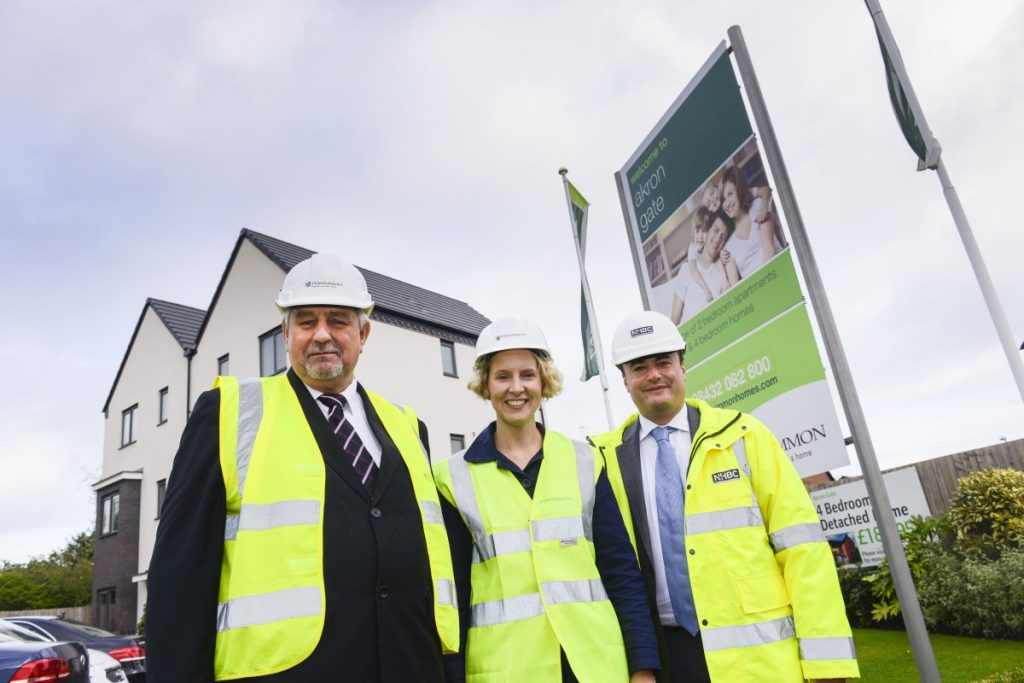Recent research seems to suggest that the UK housebuilders are getting on board with the latest technologies, practices and policies within the industry and embracing modern methods of construction (MMC).
The survey, undertaken by the National House Building Council (NHBC), asked 135 of the UK’s leading house builders and housing associations for their views on the newest practices, subsequently, asking them to cite their implementation of said new practices.
The result were somewhat astounding. Out of all 135 participants, just two admitted that they had either not considered or not employed at least one variety of MMC over the last three years. If NHBC’s sample is taken to be representative of the industry, that equates to less than 2% continuing with conventional building methods and, in turn, a whopping 98% invested in the drive for a more modern industry.
That being said, the vast majority of those questioned admitted that they had been slow on the uptake, describing themselves as “late adopters” of both volumetric building as well as pod and panelling pre-fabrication methods rather than “market leaders”. Now well on board however, the very same majority predicted the popularity or uptake of MMC would at least remain the same (51%) if not increase (45%) over the next three years.
By and the large, NHBC found that the principal motivation behind such a high proportion of modern house builders was simply the increased speed of construction that advanced practices provide. In addition, a number of respondents cited reduced building costs as a result of MMC – something which, as we know, continues to feature high up on the agenda within the sector.
Neil Smith, Head of Research and Innovation at NHBC was positive about the report’s findings, stating that the majority’s support for modern methods of construction further solidified MMC “as a means of delivering transformational change”. He added that it’s potential remained proportionately untapped and that the industry as a whole can only benefit with the exploration of new options and appropriations of MMC.


